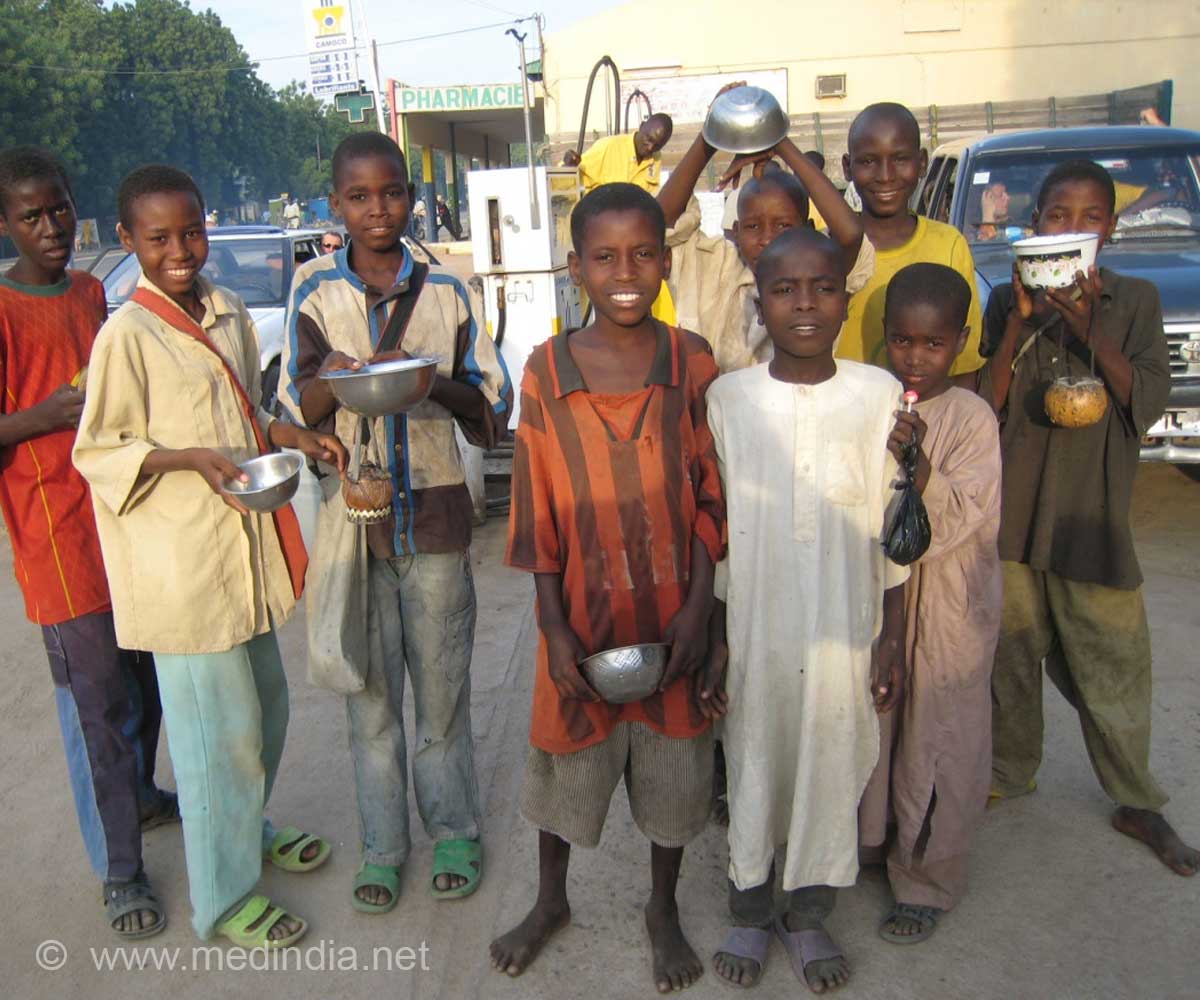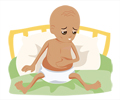Childhood poverty has lasting effects on cognitive skills during old age. Cognitive skills include thinking, learning, remembering, reasoning, and problem solving.

‘Cognitive health of an individual should be protected during childhood, as our environment plays a major role in developing cognitive skills.’





Children who grow up in poverty or who are otherwise socially and economically disadvantaged may be more likely in old age to score lower than others on tests of cognitive skills, according to a study published in the online issue of Neurology, the medical journal of the American Academy of Neurology.//"Just like the body, the brain ages, but for some it may age faster than others," said study author Pavla Ermáková, MD, PhD, of the Czech National Institute of Mental Health in Klecany, Czech Republic. "A growing body of evidence suggests aging of the brain may occur over a lifetime with its roots in childhood. Our study looked at a very large number of people from different backgrounds and geographic locations and found that social and economic disadvantages in childhood may indeed have a negative impact on cognitive skills."
For the study, researchers examined data on 20,244 people from 16 European countries who were part of a larger study called the Survey on Health, Ageing and Retirement in Europe. The average age of participants chosen for this study was 71 at the start of the study. Participants were interviewed and tested once and then again at least one more time an average of five years later.
To determine cognitive skills, participants were given tests that measured verbal and memory skills, like being able to name animals, learning new words and recall them after a delay.
To determine socioeconomic hardship in childhood, participants were asked questions about their households at age 10, using a method known as a "life history calendar," a technique used to improve the accuracy of recalled information.
Advertisement
After examining this data, researchers determined that 4 percent of the entire group, or 844 people, experienced socioeconomic hardship in childhood. Researchers found that those who were socioeconomically disadvantaged scored lower in the cognitive tests. In addition, they were also less educated, were to a lower extent employed and less frequently had a partner in the home. They also scored higher in symptoms of depression, were less physically active and in general less healthy.
Advertisement
After adjusting for age, sex and geographic location, researchers found those who experienced socioeconomic hardship in childhood performed lower on the cognitive tests than the rest of the group by an average of .27 points than those who didn't experience hardship. Even after taking into account differences in social and clinical factors such as education, employment, depression, body mass index, physical activity and cardiovascular diseases, they still scored an average .15 points lower.
While researchers found a difference between the two groups in cognitive skills, they found no link between socioeconomic hardship in childhood and a decline in these skills over time.
"While our research is observational, and cause and effect cannot be determined, it is by far the largest group of people ever studied on this topic," said Ermáková.
"Our study shows that the environment where we grew up is mirrored in the level of our cognitive skills when we are old; and this is only partly explained by education, depression or different life style factors. However, the childhood socioeconomic environment no longer affects how we fight against the declining skills while we age. We believe that the focus of strategies aiming to protect cognitive health should be shifted into childhood, taking into account that children facing social and economic challenges should be provided with more resources to counter the disadvantages they face."
A limitation of the study is that participants had to recall information from childhood and memories may not always be accurate. Also, those who face hardship in childhood also face a higher risk of death, so healthier people may have been over represented in this study.
Source-Eurekalert












